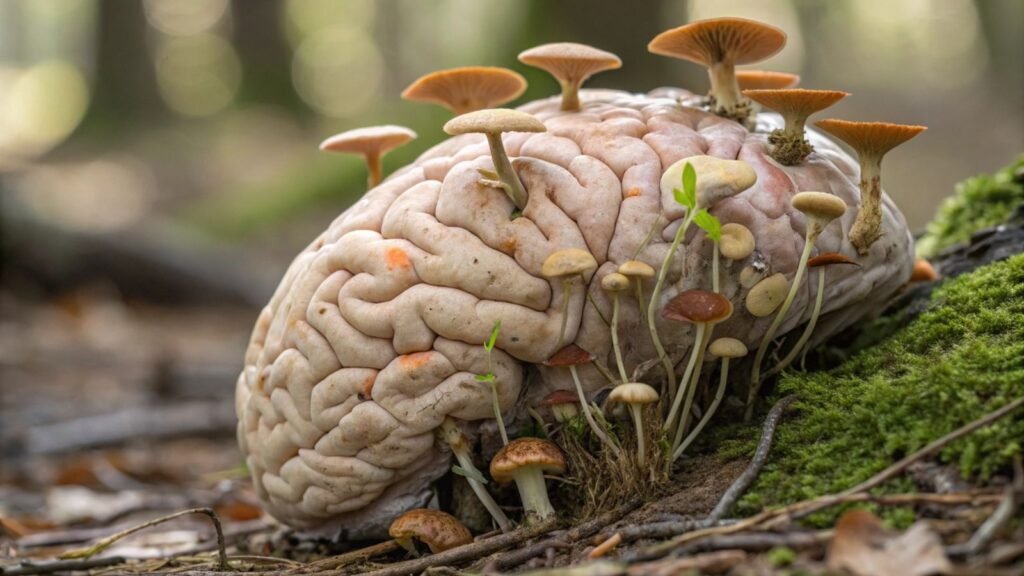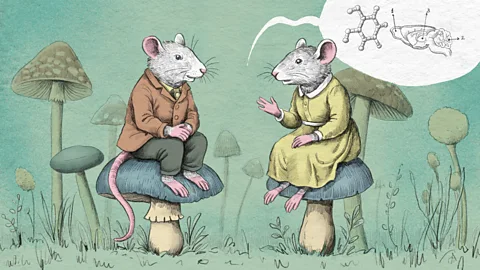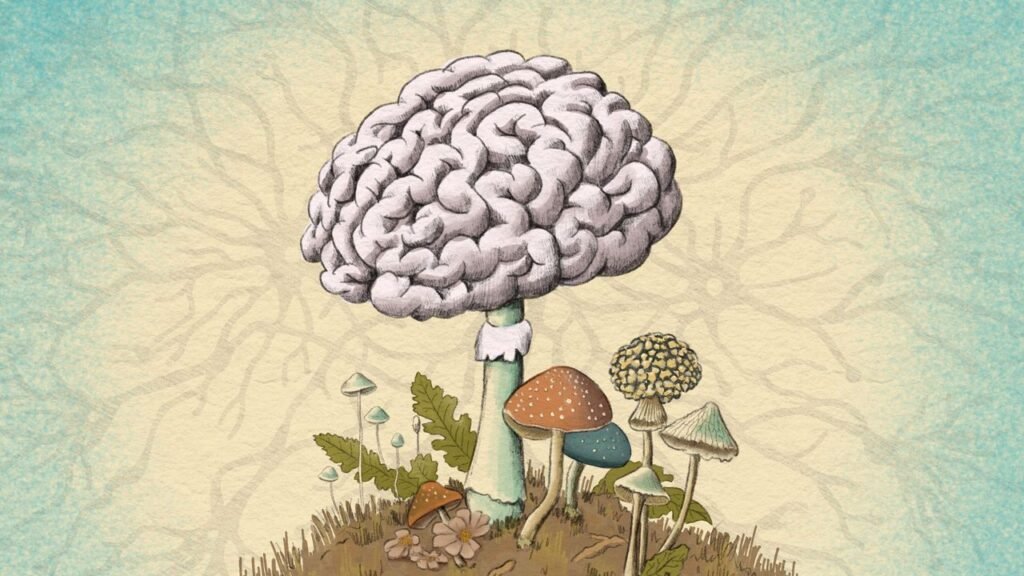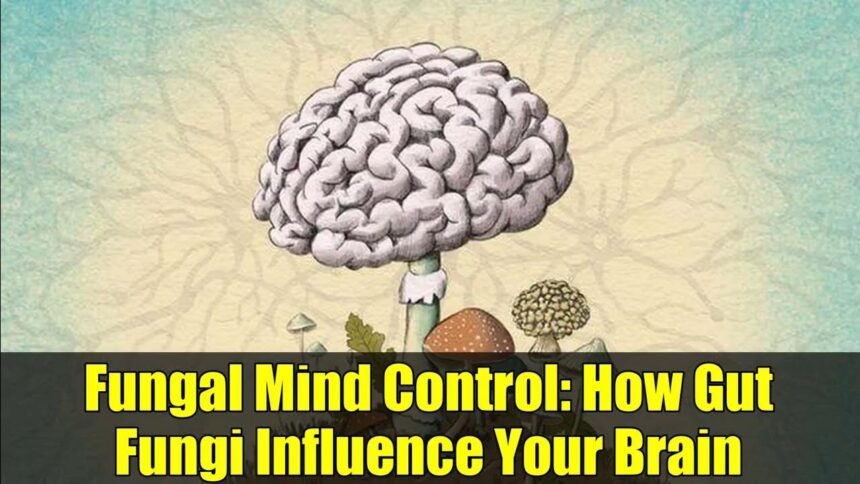The Overlooked Role of Fungi Influencing Our Brain

Fungi influencing our brain are now a major focus of scientific studies. Experts believe that fungi influencing our brain may affect health, mood, and cognitive functions. The fungi living in our bodies — on the skin, in mucous membranes, and in the gut — might include species capable of fungi influencing our brain in surprising ways.
How Fungi Influencing Our Brain Enter Our Bodies Daily
Some fungi are acquired at birth, while others enter our system throughout life. Each bite of bread or sip of beer introduces yeast. We also inhale fungal spores with every breath. While the immune system eliminates most fungi, some persist for years as silent residents — and some could be fungi influencing our brain in ways we are only beginning to understand.
Can Fungi Influence Our Brain?
Recent studies suggest that our fungal co-inhabitants may affect not only our physical health but also our minds and behaviour. Fungi are known to cause severe brain infections. Researchers are now investigating whether fungi in the gut or bloodstream could influence mental health or contribute to neurological disorders.
Fiction vs. Science – Are Fungi Controlling Us?
The concept may evoke zombie-like infections from TV shows, but scientists dismiss the idea of fungi fully controlling behaviour. They are instead studying whether fungi play a role in brain diseases or influence mood and cognition through the gut-brain connection.
Fungi and the Human Immune System
Humans are naturally resistant to fungal infections because our high body temperature makes it harder for fungi to thrive. Interestingly, some fungi may benefit us. They can support immunity or help wounds heal, says microbiologist Matthew Olm of the University of Colorado Boulder.

However, harmful fungi still pose threats. Conditions like athlete’s foot or thrush can arise when certain fungi overgrow, often triggered by antibiotics, stress, or weakened immunity. Rebecca Drummond, a fungal immunologist at the University of Birmingham, explains that when fungi enter deeper tissues, they can cause life-threatening infections.
The Rare but Serious Threat of Fungal Brain Infections
The brain is generally well-protected by the blood-brain barrier and immune defences, but fungal infections can still occur. These infections are increasing due to weakened immunity in patients undergoing cancer treatments, organ transplants, or those living with HIV.
Aspergillus and Cryptococcus species are among the most dangerous, often originating in the lungs before spreading to the brain. Candida albicans, a common gut fungus, can also invade the brain under certain conditions, releasing toxins that damage nerve cells.
Possible Links Between Fungi and Alzheimer’s Disease
Some scientists, such as molecular biologist Richard Lathe, believe that fungal and microbial intrusions into the brain could be linked to Alzheimer’s disease. In some cases, patients diagnosed with dementia improved after antifungal treatments, suggesting infections may play a role in cognitive decline.

Research also shows that Alzheimer’s brains often contain more microbial fragments, including fungi, compared to healthy brains. While this doesn’t prove causation, it has sparked debate about whether amyloid proteins — traditionally blamed for Alzheimer’s — are actually produced as a defence against microbes.
Gut Fungi and Behavioural Changes
Animal studies reveal intriguing insights into how fungi in the gut might influence behaviour. In one experiment, mice with higher Candida albicans levels were not only more resilient to gut damage but also exhibited greater sociability. Scientists believe this could be due to fungal-immune system interactions releasing molecules that affect brain function.
Mental Health and Fungal Connections
There is growing evidence that fungi might play a role in mental disorders. Studies have found differences in gut fungal populations between individuals with depression, bipolar disorder, and schizophrenia. In women with schizophrenia, higher Candida levels correlated with poorer memory and cognitive performance.
Emily Severance, a neuroscientist at Johns Hopkins University, is investigating whether Candida overgrowth disrupts the gut microbiome, leading to altered brain chemistry. While no causal link is confirmed yet, it raises possibilities for probiotic-based therapies to restore balance.
Fungi – The Hidden Architects of Health?

While much remains unknown, scientists agree that fungi are an essential yet overlooked part of human biology. As research into the fungal gut-brain connection advances, these microscopic organisms could hold clues to treating mental health conditions and neurodegenerative diseases.




